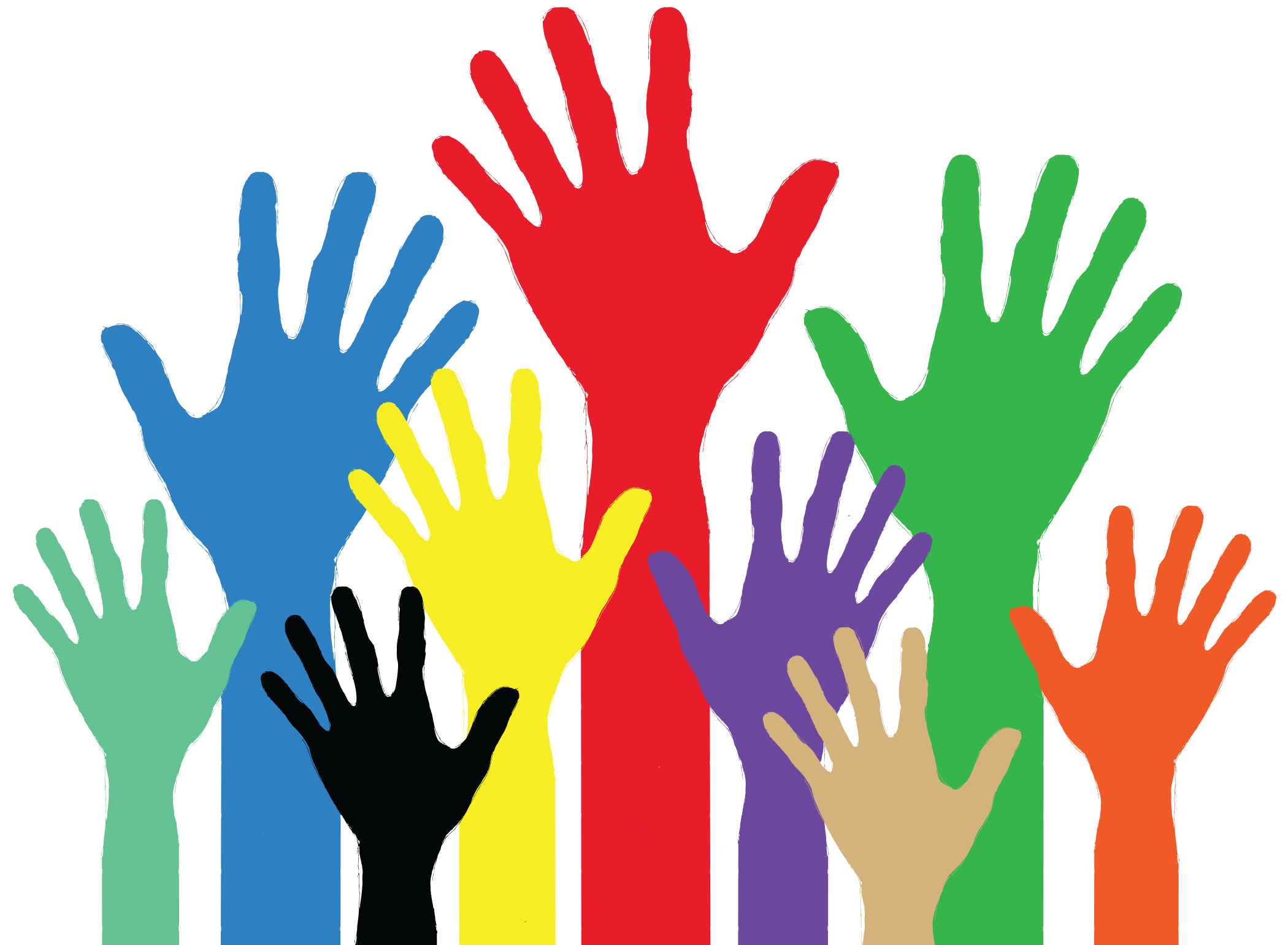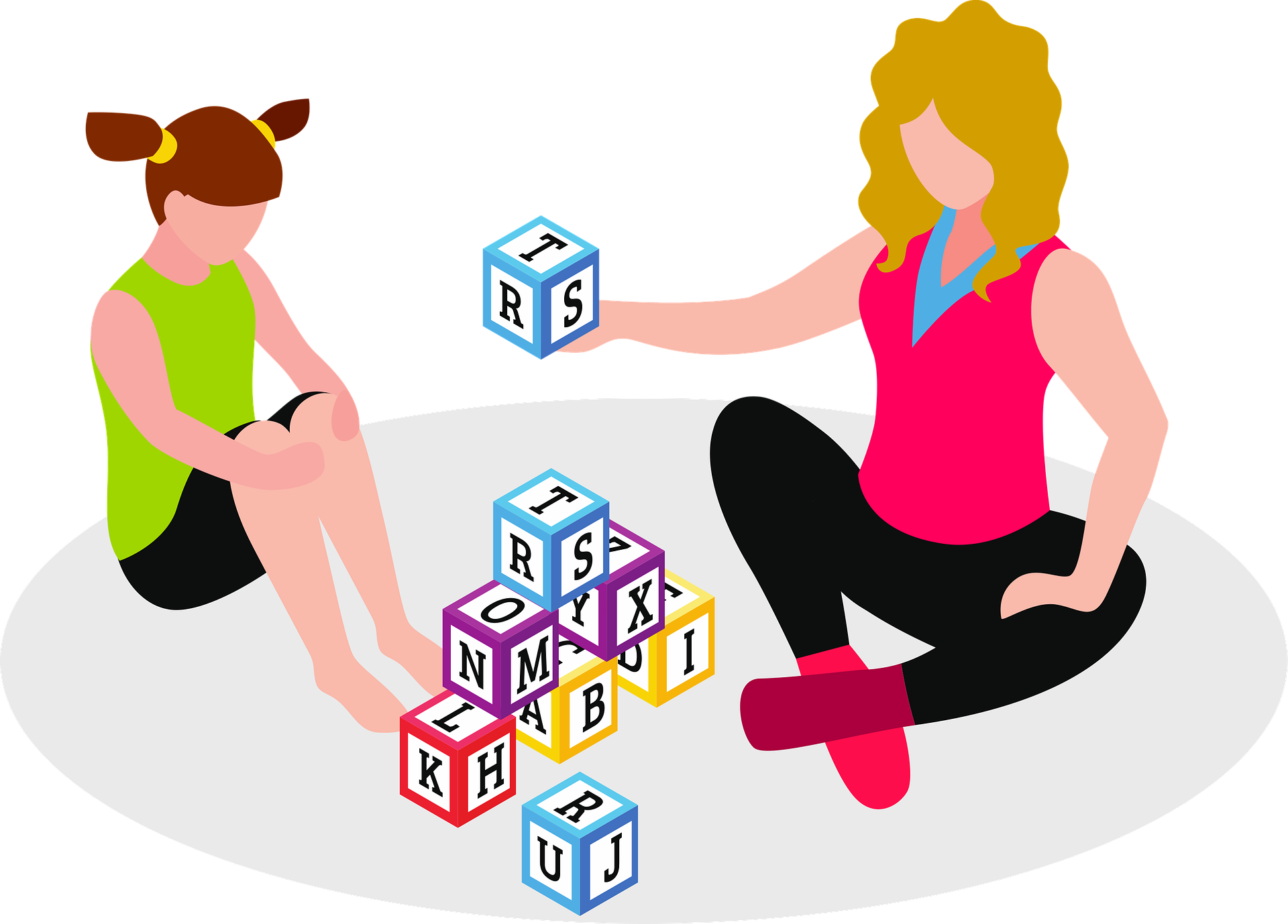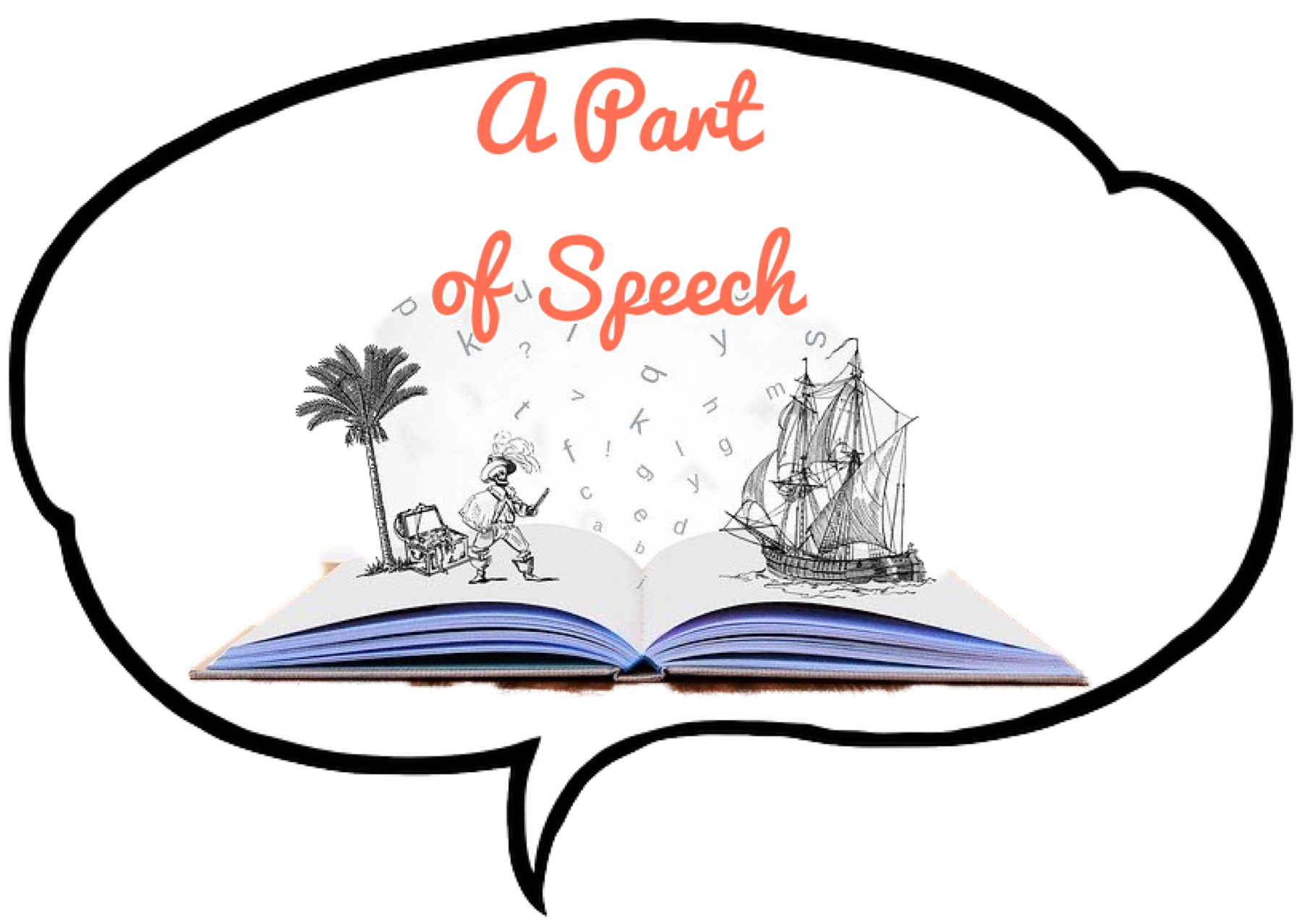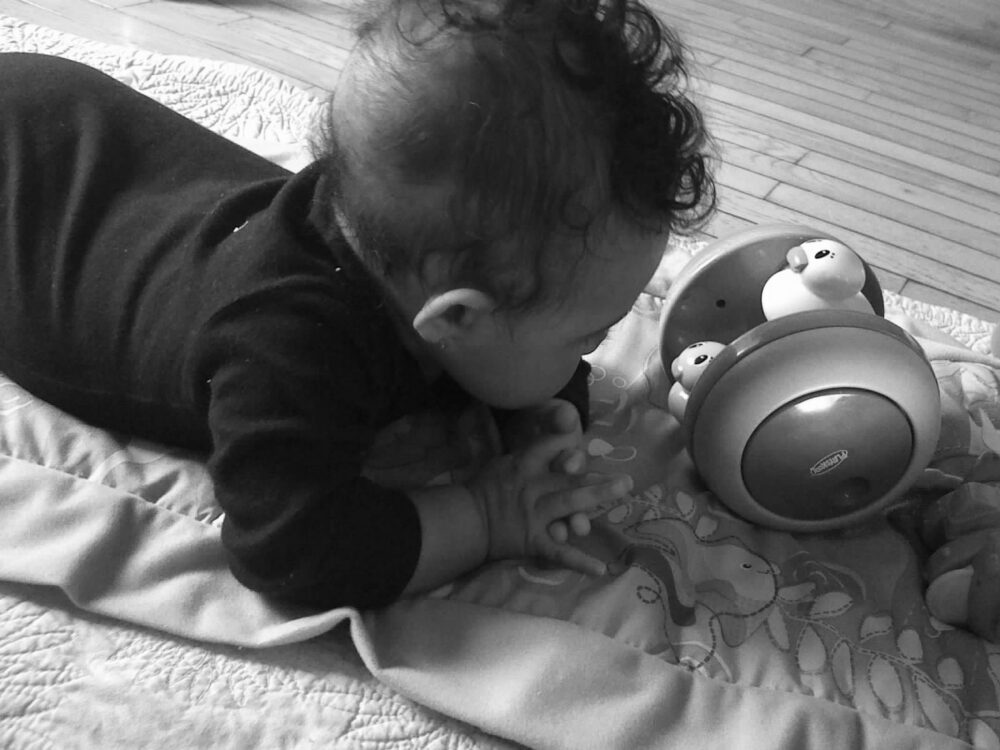
Screening
Do you have questions and concerns about your child's speech and language development? Find out if there are any red flags in your child's speech and language development and take your first step toward helping your child...
Informal screenings offered (no written report provided).

Evaluation
Get the information you need!
Speech and language evaluations offered and completed with written report.
Get more in depth information about areas of concern regarding your child. Evaluation consists of parent interview, child medical and developmental history, observation, assessment and analysis of communication areas, discussion, and recommendations.

Treatment
Therapy consisting of a combination of evidence-based models:
Direct treatment
Observation
Parent coaching model (family involvement through parent education, training, and coaching sessions).
Play based and Routines based therapy
In office service
Teletherapy (a convenient mode of therapy when in person visits are not feasible) provided as needed.
*Home visits provided at an additional cost.

Language (Receptive, Expressive, and Social)
Language is communication that is verbal and nonverbal. Verbal language is described as what we say with words. Nonverbal language is described as what we communicate without words and can be comprised of gestures, written, symbols or pictures. We use receptive and expressive language to communicate. Receptive language is what we understand, and expressive language is how we express ourselves using either verbal or nonverbal modes of communication. These areas of language follow rules to develop grammar, word meaning, and word use.
How we use language to communicate and to be social is part of social pragmatic language and like all the parts of language mentioned above, follows rules to develop social engagement, interaction, and responsiveness.
We work with children to develop their language skills.
Speech Sounds
Articulation is the way we produce the sounds of speech. When a child has difficulty with the production of speech sounds, it is known as a speech sound disorder. Children may have a speech sound disorder for a variety of reasons. There may be a family history of speech delay/development. There may be a structural problem (e.g. cleft palate) or neurological problem affecting speech (e.g. apraxia). Some children have only a few sounds that they can not produce correctly and may be a candidate for articulation therapy. Some children have entire groups of sounds they have difficulty with and it follows a pattern- this is a phonological disorder and it also falls under language due to the pattern of development called phonological processes that are affected. Hearing loss can also affect a child’s ability to produce sounds.
We work with children to develop their speech sounds.


Early literacy
Development of early literacy is not teaching a child how to read. Development of early literacy is building the foundation for a child to become a reader. Early literacy skills develop through learning how to hold a book upright and, how to handle books, understanding that books are stories or information such as pictures with words in it, and the stories are consistent and predictable, words and pictures go in a left to right orientation, and concept of beginning, middle and end. Birth-to-three is a critical period of development in building early literacy to develop oral language skills and subsequent academic success. All children benefit from access to literacy experiences. Shared book-reading, print awareness, exposure to nursery rhymes, fingerplays, songs, activities that incorporate literacy into oral language, gross and fine motor, and social activities support literacy opportunities. Engaging the preschool (3-5) age group in phonological awareness activities and interactive and dialogic reading (interactive shared picture book reading) is also important to develop early literacy and language skills.
We work with parents to identify red flags for early literacy difficulties, and to help families incorporate literacy into their daily routines by creating and implementing literacy opportunities.
We work with children to develop emergent literacy skills
Next Steps...
This is should be a prospective customer's number one call to action, e.g., requesting a quote or perusing your product catalog.


